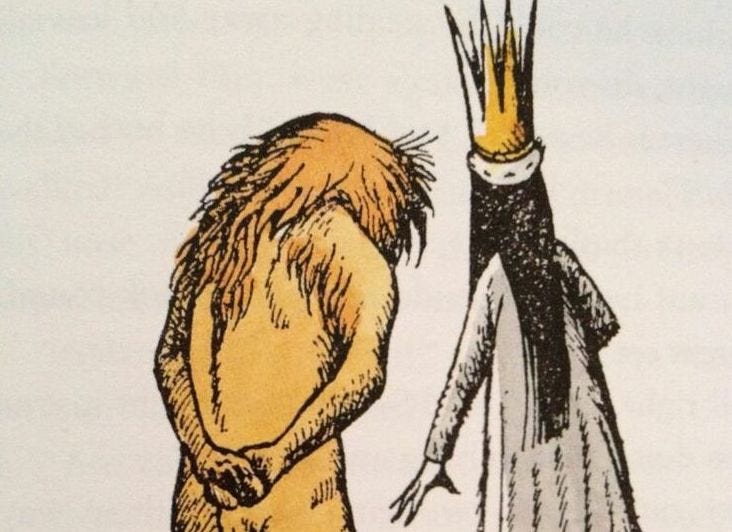Inspiration of “Deep Magic From the Dawn of Time”
In “Deep Magic from the Dawn of Time,” we see a significant step in the change (or conversion) of Edmund.1 With his own spiritual journey, C.S. Lewis saw his conversion to Christianity as a bit of a process that stretched before and after the moment he professed faith in Jesus.
Consider his words from Surprised by Joy: “In the Trinity Term of 1929, I gave in, and admitted that God was God, and knelt and prayed: perhaps, that night, the most dejected and reluctant convert in all of England.”
People often quote this as if Lewis were speaking of his becoming a Christian, but that was later. “It must be understood that the conversion recorded in the last chapter was only to theism, pure and simple, not to Christianity,” he wrote. “The God to whom I surrendered was sheerly nonhuman.”
Obviously, Lewis didn’t stay in that nondescript theism. His pivotal conversation with J.R.R. Tolkien and Hugo Dyson about Jesus being the “True Myth” happened in September 1931. A few months later, when he was riding to Whipsnade Zoo, he came to believe directly in Jesus. “When we set out, I did not believe that Jesus Christ is the Son of God, and when we reached the zoo, I did,” he wrote.
But Lewis’ conversion didn’t end there. In the introduction to God in the Dock, Lewis’ friend and editor Walter Hooper wrote that Lewis was the “most thoroughly converted man” he ever met. Much of that came because Lewis continued to be shaped by Christ.
Some 20 years after that fateful ride to the zoo, Lewis wrote two friends to share another spiritual experience he had. He told both Sister Penelope, a nun who was also a writer herself, and Father Don Giovanni Calabria, a Catholic priest from Italy, that something special happened on St. Mark’s Day (April 25).
In June 1951, he wrote to Sister Penelope, “I realize that until about a month ago I never really believed (tho’ I thought I did) in God’s forgiveness.” In December of that year, he told Father Calabria that the truth of our sins being forgiven “appeared in my mind in so a clear a light that I perceived that never before (and that after many confessions and absolutions) had I believed it with my whole heart.”
In humbly offering some help to Calabria, who had confided to Lewis about some of his own struggles, Lewis said, “Jesus has cancelled the handwriting which was against us.” The order for Edmund in The Lion, the Witch and the Wardrobe, may have been different, but we see him experience this type of realization of forgiveness in “Deep Magic From the Dawn of Time.”
“Jesus has cancelled the handwriting which was against us.” — C.S. Lewis
Despite this chapter happening before Aslan’s sacrifice, we see Edmund move from condemnation on the verge of an execution to standing in freedom and forgiveness after being reunited with his family.
Keep reading with a 7-day free trial
Subscribe to The Wardrobe Door to keep reading this post and get 7 days of free access to the full post archives.



